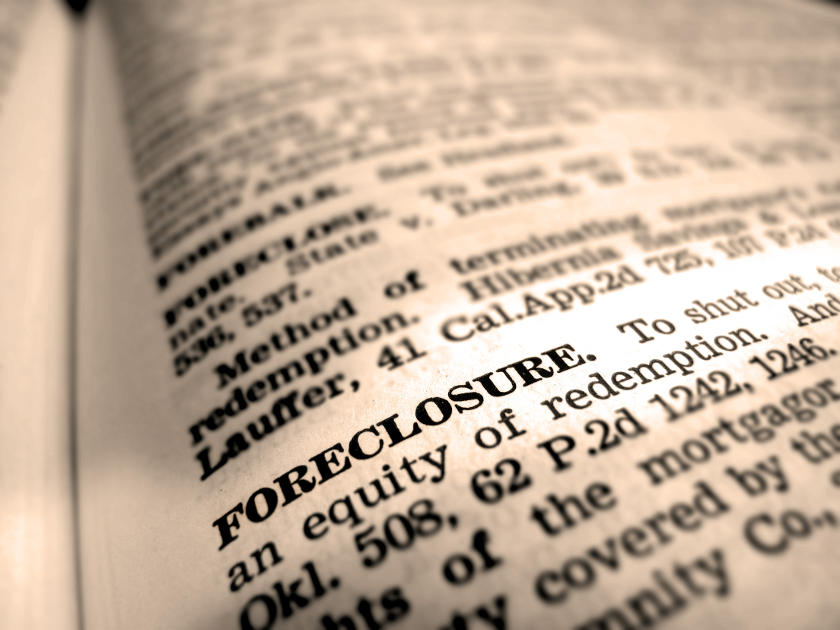Learn how and where to report scams

Foreclosure is not something you should take lightly. If you have reason to believe the bank wants to repossess your home, it’s time to learn more about the process and where things stand at present.
As you can imagine, there is nothing simple about the foreclosure process. This is full of many steps, all of which are governed by a complex legal system. With this in mind, it’s not uncommon for the process to drag on for many months (or longer).
Unfortunately, since there are so many details involved, there are always people trying to exploit others. This is why foreclosure fraud has become such a big problem over the past 10 years.
The Housing Market Crash
Do you remember when the housing market crashed in 2007? Those weren't good times, hundreds of thousands of homeowners found themselves struggling with foreclosure.
With the economy down and out, scam artists began to pop up from one side of the country to the next. They saw an opportunity to take advantage of homeowners who were in need of assistance.
While the housing market has since recovered, keep this in mind: foreclosure fraud scams are every bit as common today as they were 10 years ago. In fact, those running these scams have come up with new and better ways to appear legitimate.
Here are three tips you can follow to avoid becoming a victim of foreclosure fraud:
Familiarize yourself with the foreclosure process.
Not only should you know how this will unfold, but ask yourself this question: who will be involved with the process from start to finish? When you have this information in hand, you’ll know if an outsider is trying to scam you.
Stay in touch with the same person at your bank.
When you establish a primary point of contact, you’ll have somebody you can reach out to at any point in time, regardless of what’s on your mind. You may have to speak with others along the way, but it never hurts to have a primary point of contact.
Research everything
Even if you have a basic idea of how the process works, there will be details that you don’t understand. There’s nothing wrong with this, as long as you are willing to review each point and make sure you are doing what’s best for you, your home, and your future.
When you follow these tips, it’s much more difficult for somebody to take advantage of you via a foreclosure fraud scam.
A Common Example
There are two primary issues with pinpointing foreclosure fraud:
- There are so many scams making their rounds that it can be difficult to understand how each and every one works.
- You are in a vulnerable position, which means you may be willing to hear somebody out who doesn’t have your best interests in mind.
One of the most common forms of foreclosure fraud is known as a “mortgage rescue service.” This so-called company will contact you shortly after you receive your foreclosure notice from the lender.
You are told that you only have 7 to 10 days to present the bank with a mortgage payment plan. You are also told that they will help you rush the process and act as your advocate, all for a fee.
Since you’re concerned about losing your home, since you may not know much about the process, it’s only natural to be intrigued.
Unfortunately, this is nothing more than a scam that targets people who are already facing a difficult time.
Reporting Foreclosure Fraud
If you’ve been targeted by a foreclosure fraud scam, don’t hesitate to report it to the appropriate authorities.
Here are some organizations to contact:
- Your lender, as they can turn the information over to the authorities.
- Prevent Loan Scams
- Housing and Urban Development (HUD) Office of the Inspector General Hotline
-
Federal Bureau of Investigation
You are not required by law to report foreclosure fraud, but doing so will help you, among others, avoid a costly scam in the future.
Conclusion
When you are faced with foreclosure, the last thing you want is to get mixed up in a scam that costs you both time and money.
With this advice, you should be better equipped not only to avoid foreclosure fraud but also to report this without delay.